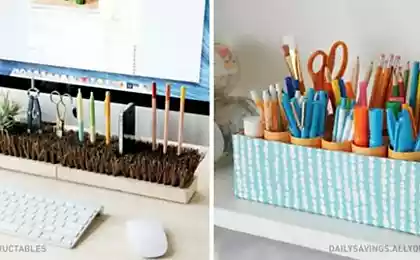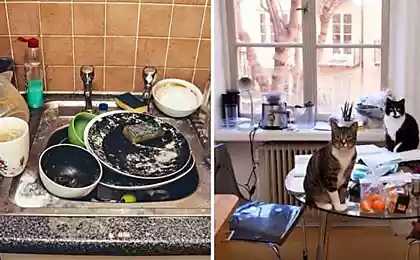149
How to clean up your personal funds
Proper attitude to money increases the chances of a person that this very money he will have in sufficient quantity. We constantly see people who had about the same starting conditions, but in the end achieved different financial results: some allow themselves and expensive purchases, and a good vacation, while others barely make ends meet.
Not surprisingly, cause of shortage Experts see it in the peculiarities of human thinking, in the inability to avoid traps that eventually drag into financial bondage.

The wrong attitude towards money is quite obvious. This can be evidenced by the following habits: rapid waste of funds received, lending money to unreliable people, buying low-quality things, refusing to pay for their own work or underestimating its value.
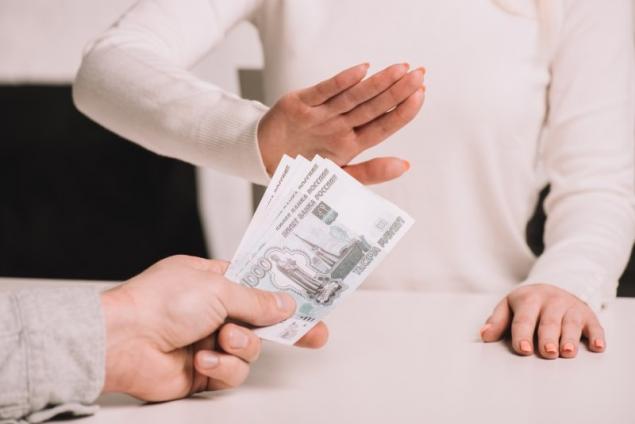
Also, the subconscious mind of a person can block some transactions with money, for example, good earnings, savings or pleasant spending.
“Sometimes a person falls ill before important negotiations that promise good profits. Or late for them. Often the fact is that our subconscious blocks the opportunity to earn, explains psychodramatherapist Stanislav Efremov.
Blocking expenses can be manifested in the fact that a person saves on small things, buys low-quality, but cheap things, refuses to wear new clothes, and keeps old ones just in case. Refuses to spend on a pleasant holiday, to once again go to the hated cottage. He simply forbids himself to spend money.
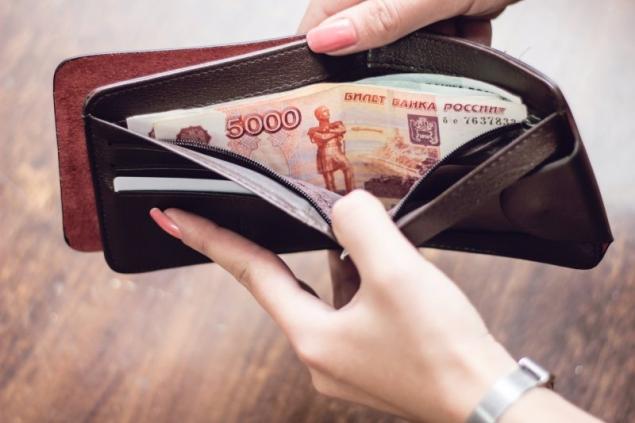
To once and for all deal with the problems of your own subconscious and allow money to freely come into your life, psychologists advise 4 steps that will ensure financial viability.
Evaluating things and services not with money, but with time spent is also useful because often we can spend a lot of time to save mere pennies. For example, this pattern often works when, for the sake of lower prices, people are willing to buy in a large hypermarket in the city center, when the same can be bought in a store near the house, although slightly more expensive.
For some, taking a taxi seems like a waste of money, but if you can make more money in the time you save, why not? And if there are problems with savings and cash does not linger in the wallet, it is wiser to transfer some of the funds to a card or deposit account in advance. In any case, for each scenario, you can choose your own tools and then lack of money will be decided.
Not surprisingly, cause of shortage Experts see it in the peculiarities of human thinking, in the inability to avoid traps that eventually drag into financial bondage.

The wrong attitude towards money is quite obvious. This can be evidenced by the following habits: rapid waste of funds received, lending money to unreliable people, buying low-quality things, refusing to pay for their own work or underestimating its value.

Also, the subconscious mind of a person can block some transactions with money, for example, good earnings, savings or pleasant spending.
“Sometimes a person falls ill before important negotiations that promise good profits. Or late for them. Often the fact is that our subconscious blocks the opportunity to earn, explains psychodramatherapist Stanislav Efremov.
Blocking expenses can be manifested in the fact that a person saves on small things, buys low-quality, but cheap things, refuses to wear new clothes, and keeps old ones just in case. Refuses to spend on a pleasant holiday, to once again go to the hated cottage. He simply forbids himself to spend money.

To once and for all deal with the problems of your own subconscious and allow money to freely come into your life, psychologists advise 4 steps that will ensure financial viability.
- Set targets.
Set your goals in a positive way. For example, instead of “I don’t want to lose money,” write “I want to buy a house.” Write down what benefits in your life will bring the fulfillment of each goal, feel how much joy and freedom will give you this achievement. Write down your feelings and let them be your motivation for every day.
- Find what's in the way.
If there is a barrier to receiving money, then a person simply has nothing to spend on a decent life or save. At the same time, the barrier to accumulation will not allow you to maintain the usual standard of living if something happens to the source of income. And the barrier that prevents adequate spending will not allow you to live a normal life, because what is the use of savings if you continue to save on everything? Therefore, analyze how people live in your environment, how your parents, grandparents lived, what attitude they gave you to money. Deal with this legacy. Look at your financial affairs from the outside.
Have an internal dialogue with an imaginary, unbiased Martian who understands the meaning of words but does not know how life works on our planet. Try to explain your financial problems to him. This will help you look at your life differently.
- Rewrite the script.
Our financial scenario can be compared to a deep rut on the road, from which you can not get out alone. But if you are reluctant to turn to psychoanalysts, you can try to cope on your own. You should look at your model of attitude towards money and highlight what you like (for example, frugality) and understand where hateful things that spoil life begin (for example, stinginess). Find a line you can't cross.
- Bypass the lockdown.
Different tools can be used for this. One of these is personal accounting, which will help to systematize your expenses, analyze where money flows. This is useful because it is impossible to remember every little thing you buy. And seeing unnecessary spending eat up a decent portion of your budget will help you decide how to avoid it in the future. If you can’t afford to spend money on nice things, experiment with measuring the value of money. Calculate how much you earn per unit of time. For example, let a wonderful cactus, which seems excessively expensive to you, cost not 500 rubles, but half an hour of your working time. It's a pity to spend 500 rubles. But to spend half an hour to earn this beauty is quite acceptable.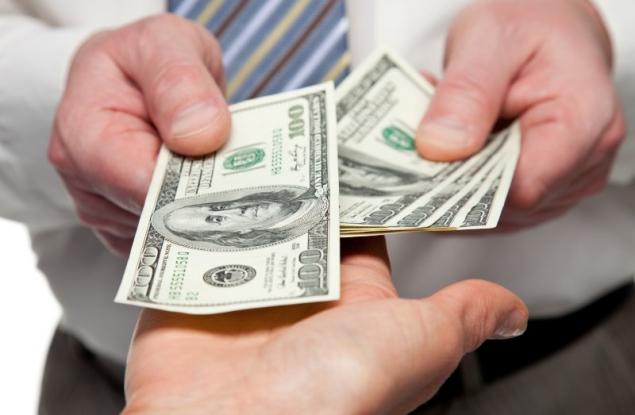
Evaluating things and services not with money, but with time spent is also useful because often we can spend a lot of time to save mere pennies. For example, this pattern often works when, for the sake of lower prices, people are willing to buy in a large hypermarket in the city center, when the same can be bought in a store near the house, although slightly more expensive.
For some, taking a taxi seems like a waste of money, but if you can make more money in the time you save, why not? And if there are problems with savings and cash does not linger in the wallet, it is wiser to transfer some of the funds to a card or deposit account in advance. In any case, for each scenario, you can choose your own tools and then lack of money will be decided.
















